SUMMARY
This is AI generated summarization, which may have errors. For context, always refer to the full article.
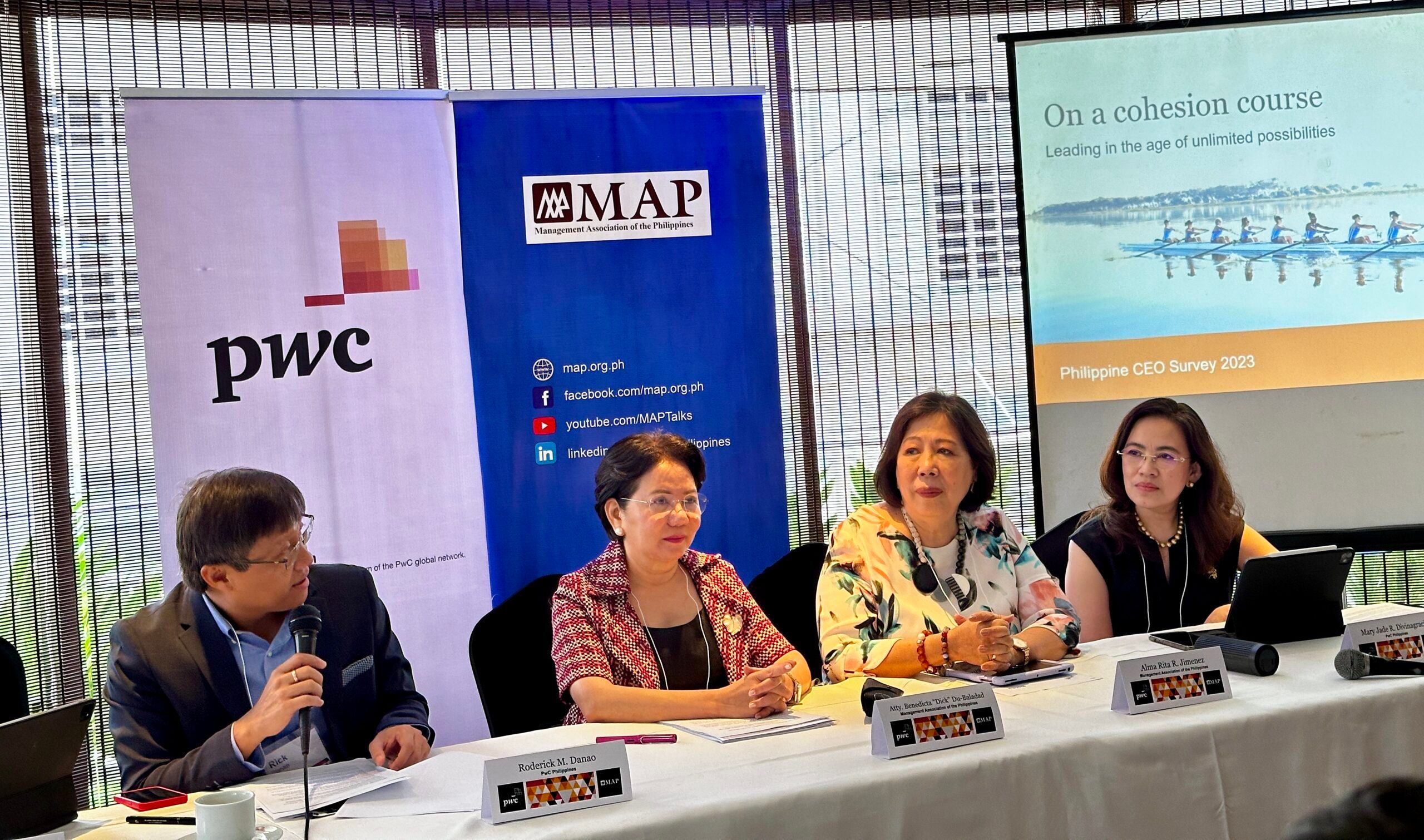
MANILA, Philippines – Most companies have recovered from the impact of the pandemic. The next stumbling blocks? Pesky inflation hurting profit margins and putting pressure on operating costs.
In a press briefing on Monday, September 11, PwC Philippines and the Management Association of the Philippines (MAP) unveiled the Philippine CEO Survey 2023, which found that 83% of chief executives reported that their organizations have already rebounded from the pandemic.
“Philippine business leaders have faced serious threats, but they have risen to the occasion and found new opportunities for growth through creativity and innovation. The pandemic forced them to adapt to the changing business landscape, and they have emerged stronger and more resilient than ever before,“ said MAP president Benedicta Du-Baladad.
Additionally, 79% of CEOs remain positive that their organizations will see revenue growth in the next 12 months. This figure, however, is slightly lower than the 87% recorded a year ago.
In terms of revenues, CEOs have slightly lowered their optimism. Of the 157 business leaders surveyed, 25% see significantly higher sales than pre-pandemic levels. This figure is lower than the 38% posted in last year’s survey.
CEOs now say that they see “slightly higher” sales in 2023 compared to 2019 or before the pandemic, from 21% to 36%. The survey also found a slight dip in CEOs saying that they expect sales returning to pre-pandemic levels, from 20% to 17%. There were more CEOs who said they expect significantly lower revenues in 2023, from 4% to 7%.
PwC Philippines and MAP said stumbling blocks include higher material costs (22%), supply chain constraints (19%), higher interest rates (18%), and accelerated inflation overseas (13%). Reducing operating costs is among CEOs’ strategies to cope with these risks.
The Philippine government is struggling to tame inflation to a desirable level. In August, headline inflation jumped to 5.3%, breaking six consecutive months of deceleration amid increasing rice and fuel costs.
Growth drivers
CEOs say that infrastructure development, domestic consumption, and the recovery of business process outsourcing and services will be the growth drivers of the Philippine economy in the next 12 months.
Notably, fewer top executives viewed government spending (from 46% to 29%) and foreign direct investments (from 41% to 29%) as growth drivers.
Roderick Danao, chairman and senior partner of PwC Philippines, said business leaders expressed concerns about red tape, which is making expansion in the Philippines difficult compared to the likes of Vietnam.
“We have yet to get to that level [of Vietnam’s], and the government and the private sector have been pushing for reforms. Foreign companies have also been cautious due to the developments in the global market, not necessarily specific to Philippine conditions,” Danao said.
Meanwhile, 54% of CEOs believe that global economic growth will improve in the next 12 months. CEOs see the United States (67%), China (51%), and Japan (45%) as the most important countries for growth. – Rappler.com
Add a comment
How does this make you feel?
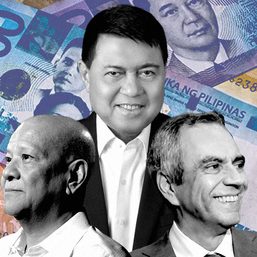
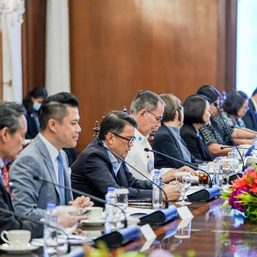
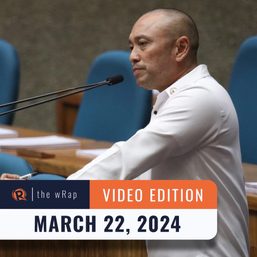
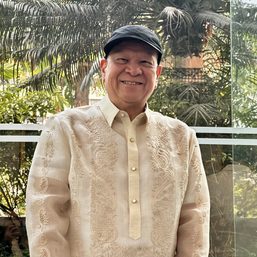
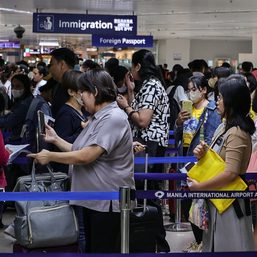
There are no comments yet. Add your comment to start the conversation.